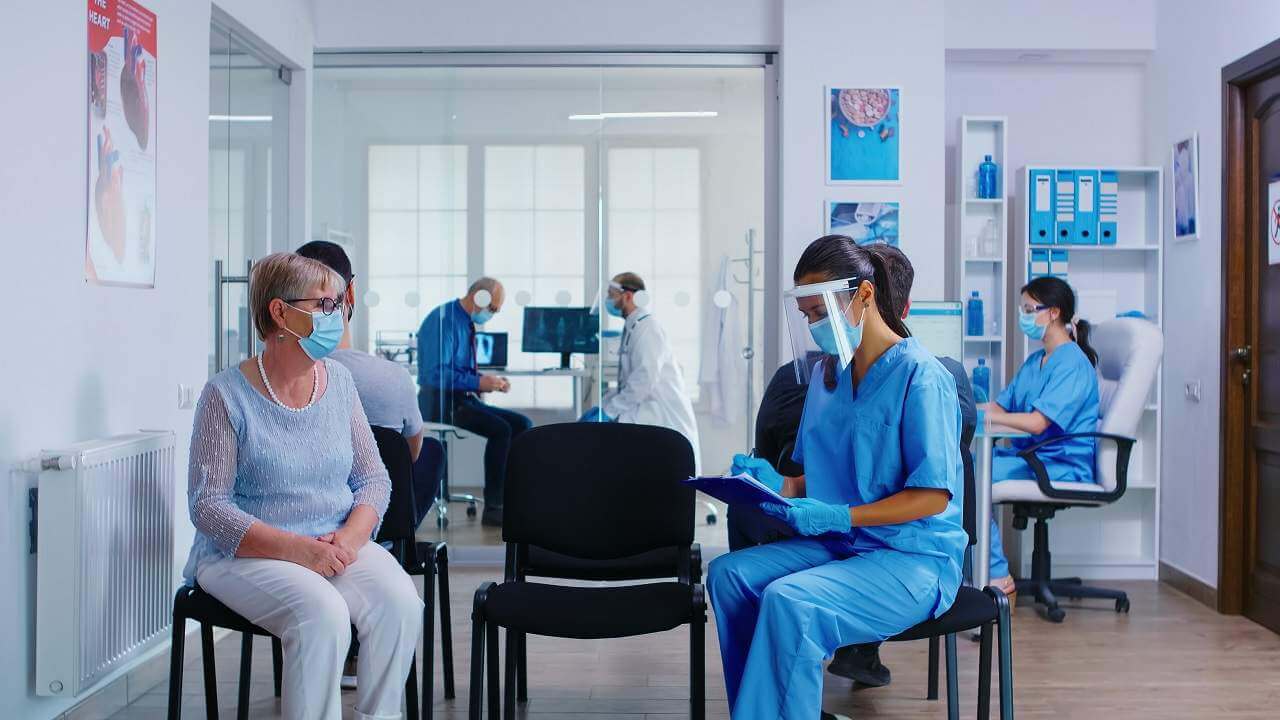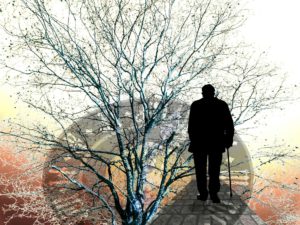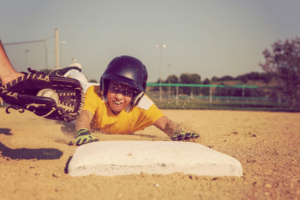People who have symptoms consistent with flu or COVID-19 or are concerned about possible exposure should first contact a health provider. High-risk individuals, people working in the public health field, in a nursing home or shelter may qualify for COVID-19 testing.
Although a diagnostic test is free for eligible New York residents, it is important to check if it’s legal and conforms to the rules laid out by the New York State Department of Health. The Food and Drug Administration or FDA warns people about entities that offer free unauthorized COVID services. There is a high possibility that the test results might be inaccurate.
Avoiding a Fraudulent Free COVID Test in New York City
Questionable COVID-19 tests, treatments, and vaccines are popping up everywhere. But before you take off your face covering and undergo a nasal swab, make sure that it isn’t another scam.
1. Recommended by the state or local health department
The Department of Health in New York aims to make tests available and accessible to all residents who need screening for coronavirus. All health centers run by the state or local government have websites you can visit and check. They often list, post, and announce COVID-19 testing locations and pop-up clinics on the web.
2. Referred by a doctor you know and trust
More often than not, a health professional first checks a person’s symptoms to determine if a COVID-19 test is needed. Most symptoms overlap with flu or are similar to common respiratory conditions caused by Rhinovirus. If you meet the criteria to get tested, your doctor may refer you to a legit laboratory or testing center.
3. Test site run by a reputable hospital, pharmacy, or clinic
Private medical centers and health facilities may not offer 24-hour testing clinics. Most however offer round-the-clock daily testing for COVID-19 disease. Urgent care and walk-in clinics like Statcare offer PCR tests, rapid antigen tests, and antibody testing.
Uninsured individuals may be eligible for SARS-CoV-2 Antigen as well as the Antibody test. It is important that the facility you are going to has an established reputation, regular patients, and good reviews online.
4. Offered by a pop-up testing site that the local police knows about
Pop-up clinics are quick and easy to initiate. Scammers go to great lengths just to take advantage of the situation and of people who are frantic to get tested. If there is one near you, check with the local police department to make sure that they are permitted to provide free COVID-19 services in your area.
5. Home testing kit authorized by the FDA
An at-home testing kit seems attractive, especially for those who do not want to get tested at health or medical facilities. There are several home tests being sold online but be wary about which ones to trust.
The aesthetics of the website is not a reliable basis for its credibility. There are many desperate scammers who are willing to pay for a domain. Check the FDA website for home test brands that have been given an Emergency Use Authorization or EUA.
6. Follows proper disinfection or sanitation procedures
Another way to gauge if a testing site is legit is if it is practicing strict health protocols.
- Patients should be wearing masks, disinfected, or sanitized upon entry.
- The staff must be wearing the appropriate get-up (PPE suit, face mask, face shield, surgical gloves, and other proper testing gear).
- The set-up should be clean and sanitary to avoid contamination in swab samples and testing equipment.
- 6-feet physical distancing should be practiced at all times.
7. Doesn’t ask for social security and credit card information
It is natural for health providers to ask questions before you are tested. But be cautious about the questions they ask. If it involves personal information, like your social security or credit card numbers, report the testing site to the authorities. It could be a fraudulent testing site involved in identity theft crimes and activities.
It is almost a year since the pandemic started and, although there is no confirmed cure yet, the nation has been quite successful in managing the spread of the virus. In New York, health protocols are being strictly enforced and maintained. Residents are required to wear appropriate protective gear and practice regular disinfecting and sanitizing wherever they are. These, along with reliable testing, helped make it possible for communities to reopen and work together for a “new future”.




